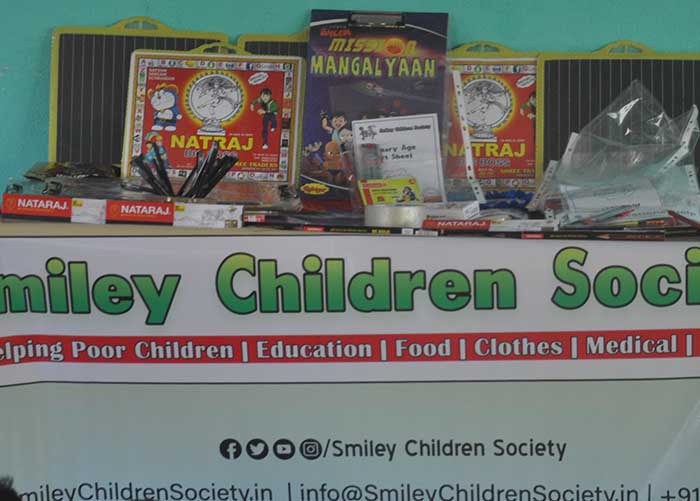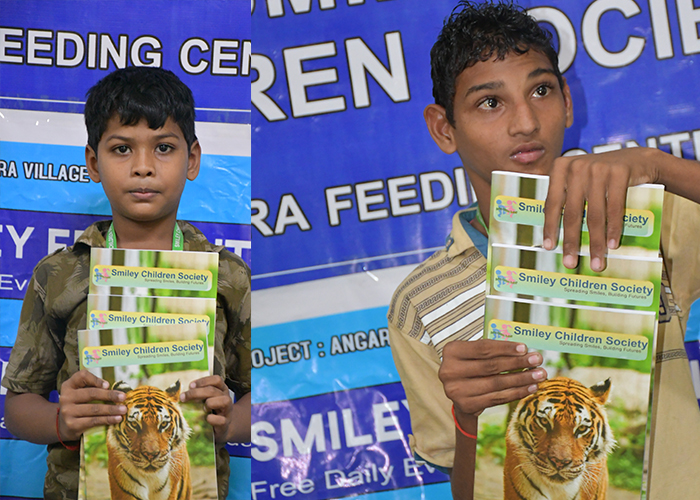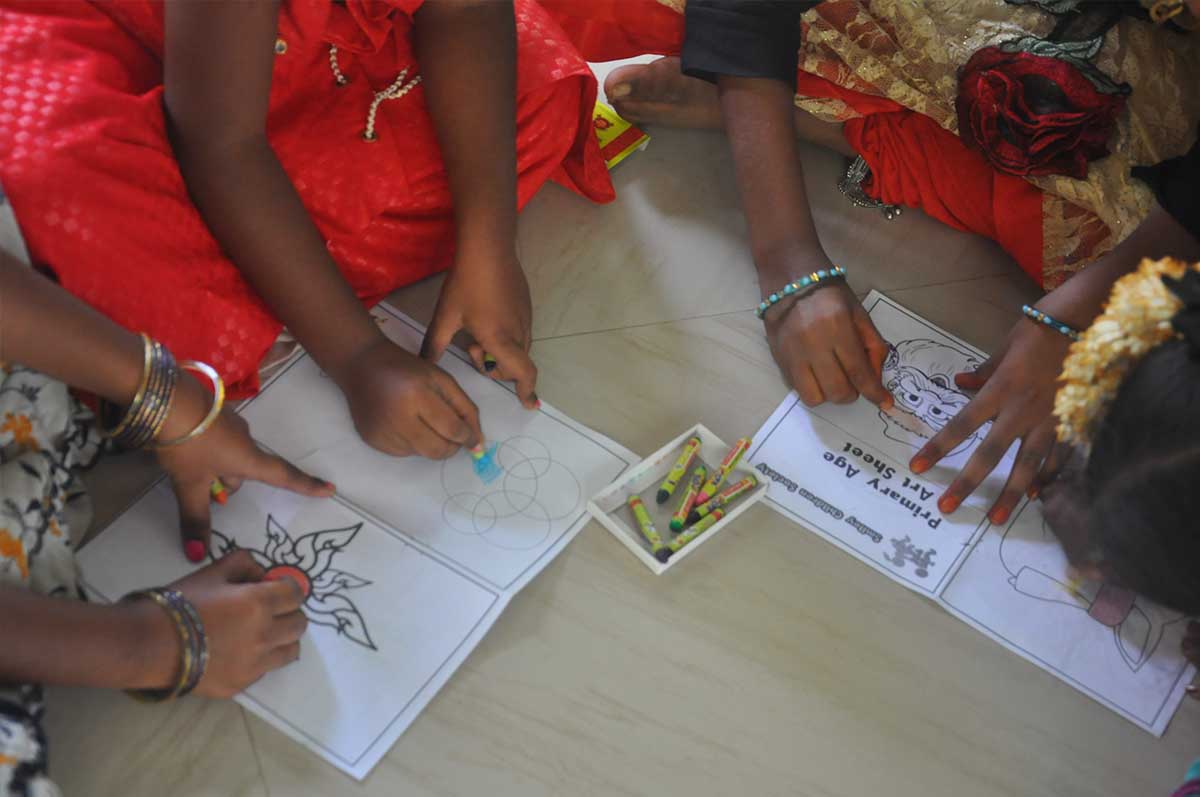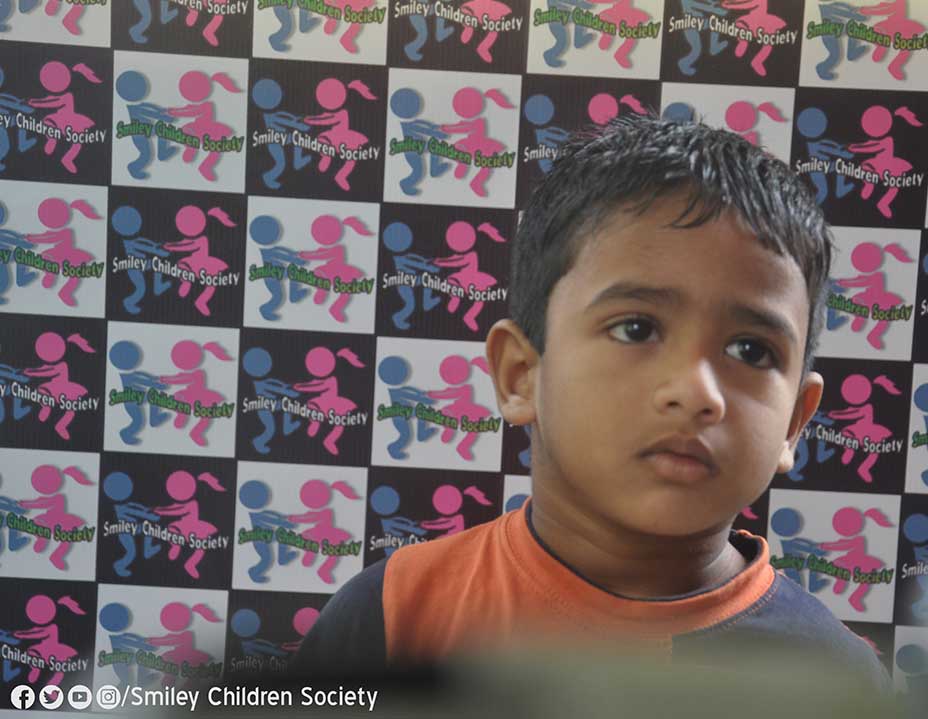

Status of tribal children in Education
India has different cultures and regions and tribal people are an intresic part of it. India has the largest number of tribes in the world, making it home to 8.2% of the tribal polulation in the world. The contribution of tribal people to our cultural heritage and economy is significant yet thier polulation is declining rapidly over the years. They are subjected to an unequal treatment, deprived of basic ammenities such as in education.
Understanding thier role is important: They are involved in different types of works so that they stay away from education because of it they can’t able to study. Many tribe do not know how they can educate their child. According to one statistics 6% of tribal children study in school. Then, what about the rest of the tribal kids.
Problems faced by triba l children
Many people in the society look at them from different perspectives, they feel that the tribal people don’t know anything. Even in schools, tribal children are not treated well, due to which many children drop out of school . The teachers treat them as they are unknown people and because of the teachers of the society their classmates also not treat them well. They faced many problem is one of them is Language ,
language bring lot of problem among them, if children enroll in school and they don’t speak common language them it also sets them apart.
there is need to improve teaching learning methods, infrastructure, facilities, and overall environmental condition of education sectors.
Some major tribes from India
In Jharkhand 32 tribes are found , out of which some tribes are found like- Ho, lohar, bhumij, kharia are falling behind in education. Only 2.4% HO tribal kids are able to study and only 2% Kharai kids are literate. because of less education they face lots of problem like unemployment. I met many tribes, they struggle a lot in their daily life and they don’t even get much money, they have money only two time food. How will they able to educate their child with such little money? They lost a lot when covid-19 came, one of them is education also they didn’t have money, they could send their child to school, so they had to take out of school. Others also drop out of school because they could not even pay for mobile recharge, the tribes no means of doing any work. Because of all this, many children also go in the wrong direction. We should encourage them that how can you study, through which medium you can enroll in school. We went on survey according to my experience they know lot and they can learn a lot. If we give awareness about education among then they can learn or understand. Government should pay attention among them , government has started various schemes because of low awareness they don’t know about scheme. Education is the only way through which these children can come out of this poverty.
Role of Smiely Children Society in changing the narrative
India is a country where large no. of tribes found. Education is the major key where all this darkness come out.
Smiely Children Society has enrolled 1000+ kids in schools across India. There are also Tribal kids in it. We are so lucky to have these kids in our SFA family, the lives of many have been changed.
According to earlier, now they had started living a good life, they able study well and we always try our best and give them a good education. The families of Tribal children always give blessings to the founder of SFA . Our Smiely Children Society team also takes evening tuition so that these children can take good education. Now these children are not only the children of SFA but also a part of our life and we will provide the best education and help them to move ahead in life. We also take regular activities and kids show great interest in anything. We also take care that children should always be in their comfort zone, they do not face any kind of problem.
“Education is the most powerful weapon which you can use to change the world.” We will move ahead by breaking all the barriers and provide education to all those children who are unable to study because of their economic condition.
Arti Kumari


